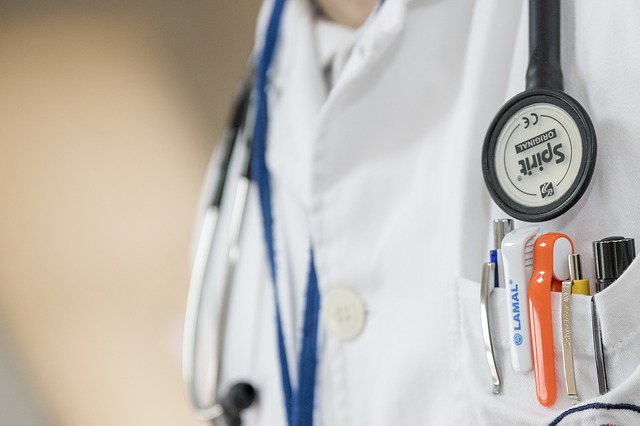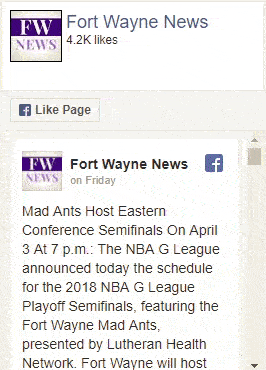The Fort Wayne-Allen County Department of Health has received a second grant from the Indiana State Department of Health (ISDH) that will allow the department to distribute even more naloxone kits to community agencies in an effort to help prevent fatal opioid overdoses. The Department received its first naloxone grant from ISDH in October of 2017.
The Fort Wayne-Allen County Department of Health will be training and distributing nearly 850 naloxone kits to the Fort Wayne Police Department, Parkview Police Department, Allen County Sheriff’s Department, The Lighthouse, Monroeville EMS, and the Allen County Syringe Services Program. The naloxone kits contain naloxone hydrochloride, a non-narcotic medication that reverses the life-threatening respiratory failure that is usually the cause of overdose deaths. Naloxone is also known by the trade name Narcan®.
“It’s so important for our first responders and community organizations to be equipped with this
life-saving medication,” said Allen County Health Commissioner Dr. Deborah McMahan, “It’s important for them to have easy access to this and be trained on how to administer it. After all, it saves lives!”
In 2017, Allen County experienced a 53% increase in drug overdose deaths. In 2016, 68 people died from a drug overdose. In 2017, that number jumped to 127 deaths.
Anyone in need of naloxone can request it from a registered entity using a statewide standing order signed on September 5, 2017 by Jennifer D.H. Walthall, MD, MPH, Director of FSSA, after Dr. Jerome Adams, former Indiana State Health Commissioner, took his new position as United States Surgeon General. Individuals don’t need a prescription from a private healthcare provider as long as they’re requesting naloxone from an entity registered at www.optIN.in.gov.
Naloxone is approved by the Food and Drug Administration and has been used for more than 40 years by emergency medical services personnel to reverse opioid overdose and revive people who might have died without treatment. It is not addictive, and although it is only effective at reversing overdoses of opioid drugs like heroin or prescription painkillers, it is not harmful if administered to someone who has not taken opioids.
For information on treatment for substance use disorder, visit the Indiana Family and Social Services Administration’s Division of Mental Health and Addiction website at http://www.in.gov/fssa/dmha. The grant from ISDH was made possible thanks to a partnership with FSSA and used funding from the 21st Century Cures Grant.

